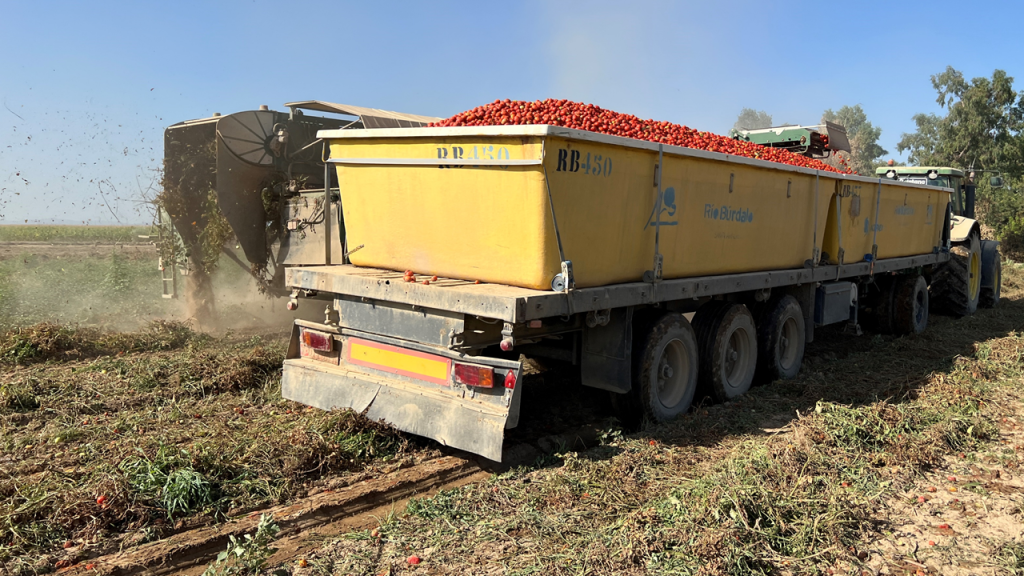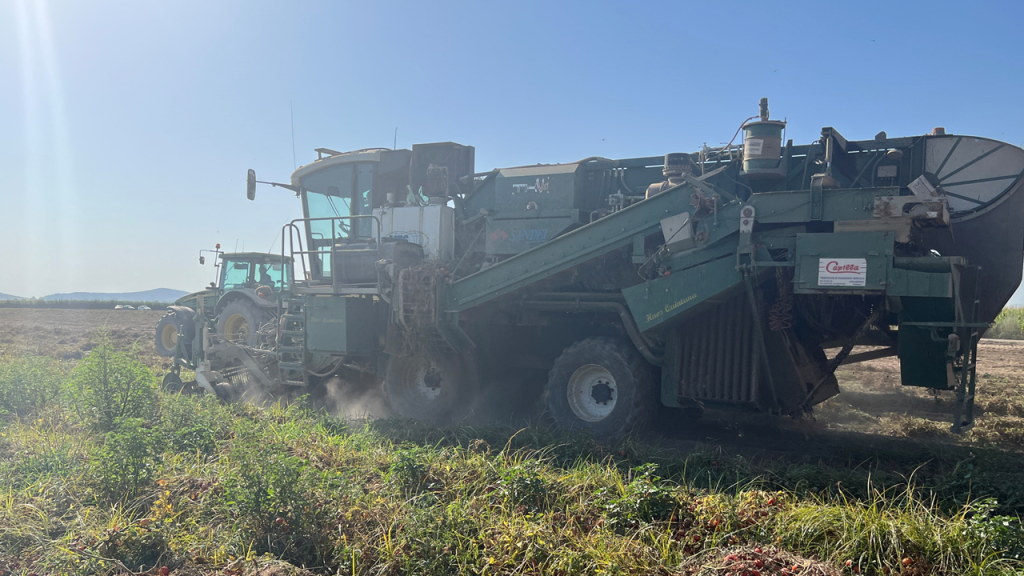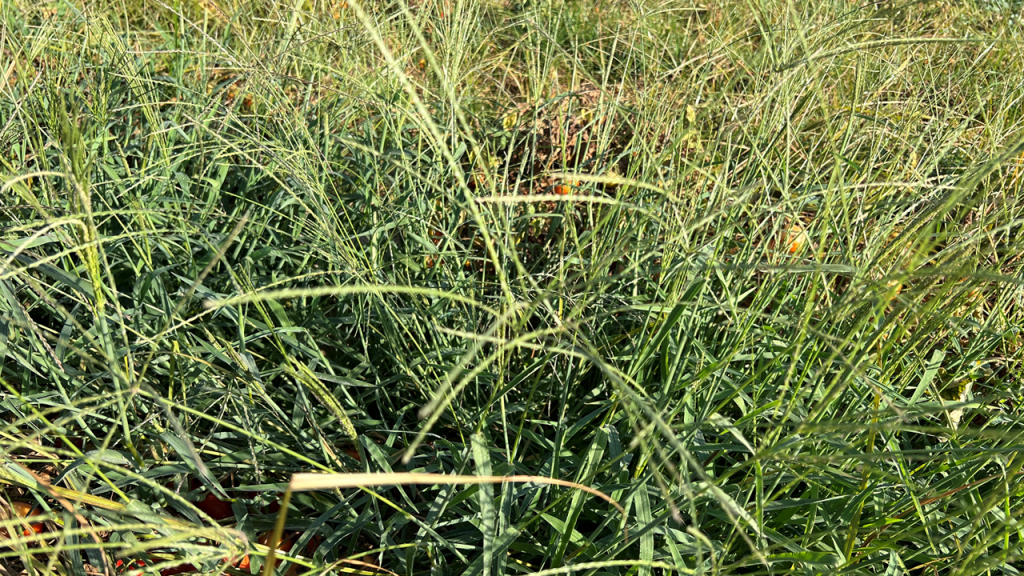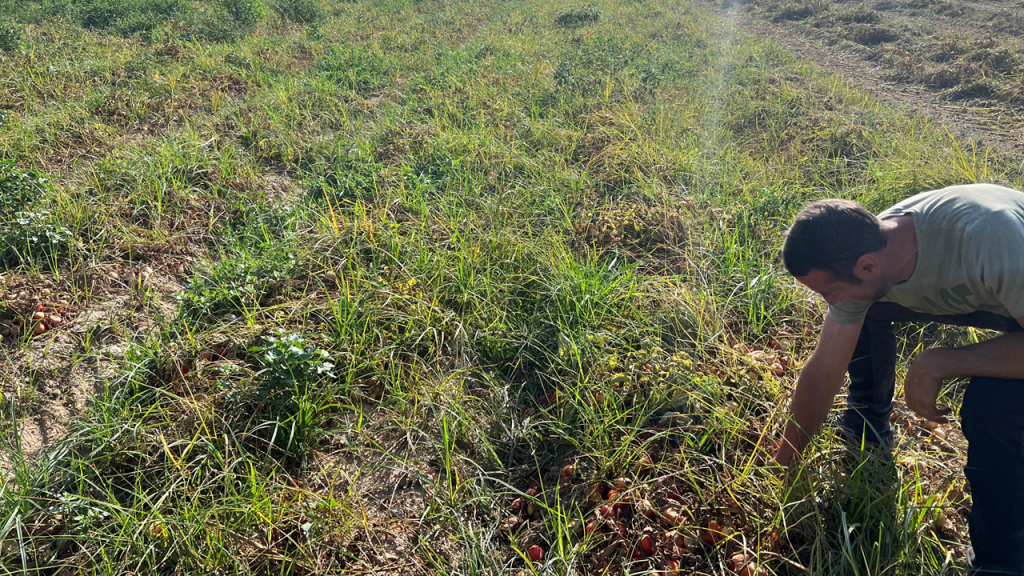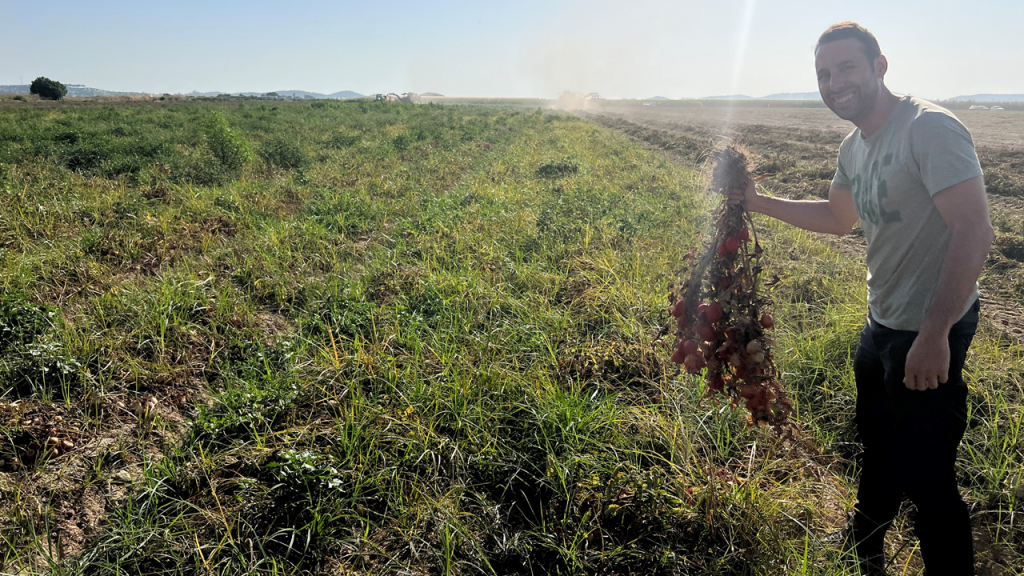The images from the tomato fields in Badajoz during harvest, overrun by weeds despite herbicide applications, serve as a stark reminder of the pressing need for effective weed control in agriculture. Weeds, as relentless competitors for essential resources, can significantly impact crop yields and jeopardize the sustainability of farming practices. In some cases, uncontrolled weed infestations can lead to yield losses of up to 60%, threatening food security and economic stability.
Traditional weed control methods, primarily reliant on herbicides, are facing growing challenges. The overuse of these chemicals has led to the emergence of herbicide-resistant weed species, rendering blanket applications less effective and environmentally unsustainable. This escalating issue underscores the urgency of adopting more targeted and eco-friendly weed management approaches.
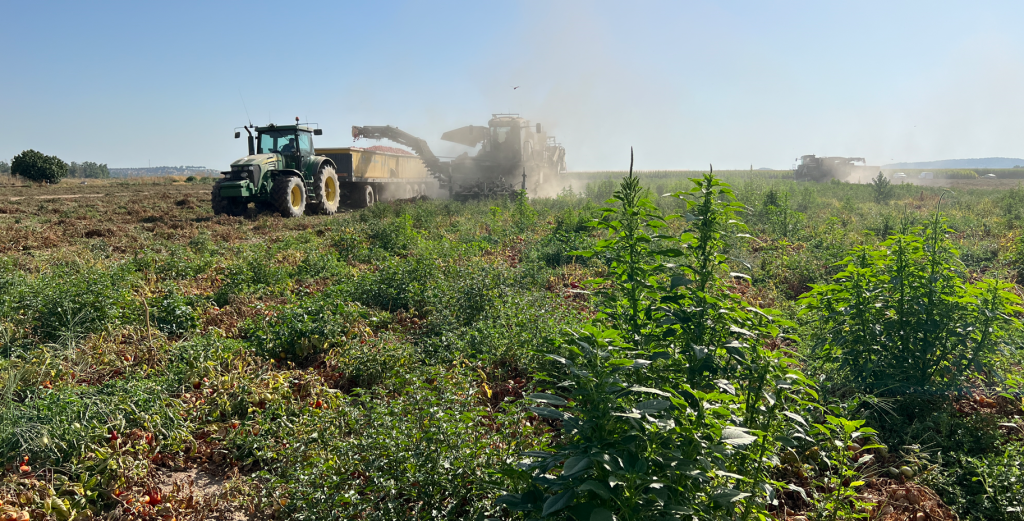
The SWEET project’s innovative use of artificial intelligence and deep learning offers a promising solution. By accurately identifying and classifying weeds amidst crops, AI-powered systems enable precise, site-specific herbicide application. This targeted approach minimizes chemical usage, reduces the risk of further resistance development, and promotes soil health and biodiversity.
Moreover, effective weed control goes beyond yield protection. It plays a pivotal role in conserving water resources, as weeds often consume significant amounts of water that could otherwise nourish crops. By suppressing weed growth, farmers can optimize water usage and enhance irrigation efficiency, particularly crucial in regions facing water scarcity.
Furthermore, well-managed fields contribute to improved crop quality. Weeds can harbor pests and diseases that can spread to crops, compromising their health and marketability. Effective weed control helps create a cleaner and healthier growing environment, ensuring the production of high-quality, safe produce.
In conclusion, the challenges observed in the tomato fields of Badajoz highlight the critical importance of effective weed control in modern agriculture. By embracing innovative technologies like AI and deep learning, we can move towards more sustainable and efficient weed management practices, safeguarding crop yields, conserving resources, and promoting a healthier environment for future generations.
